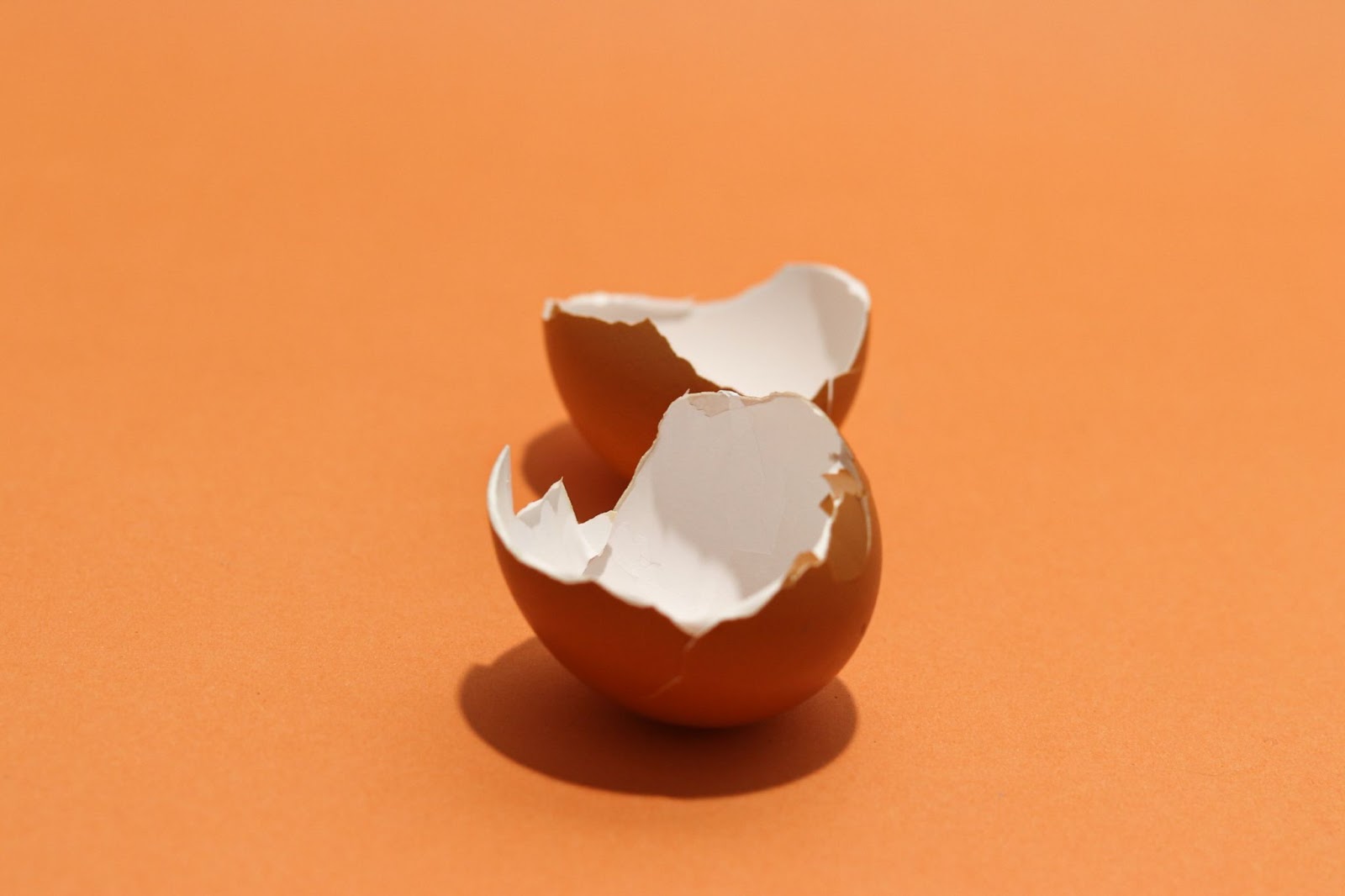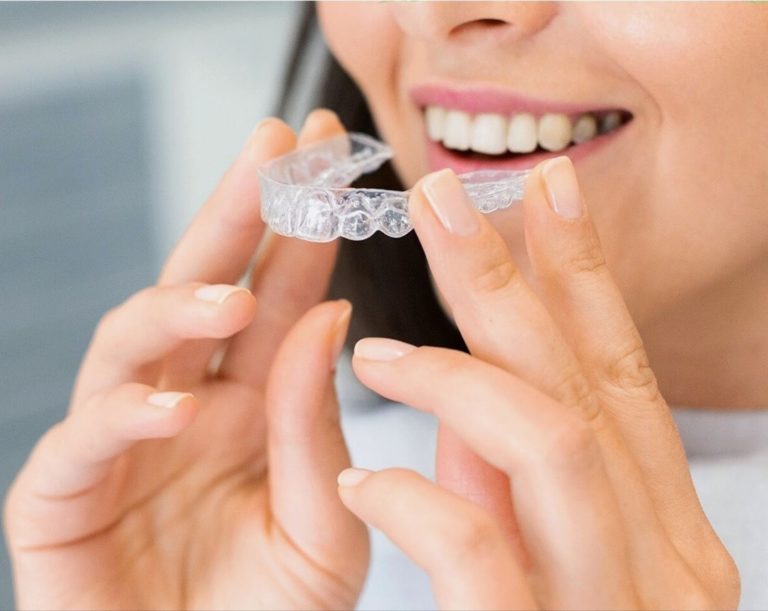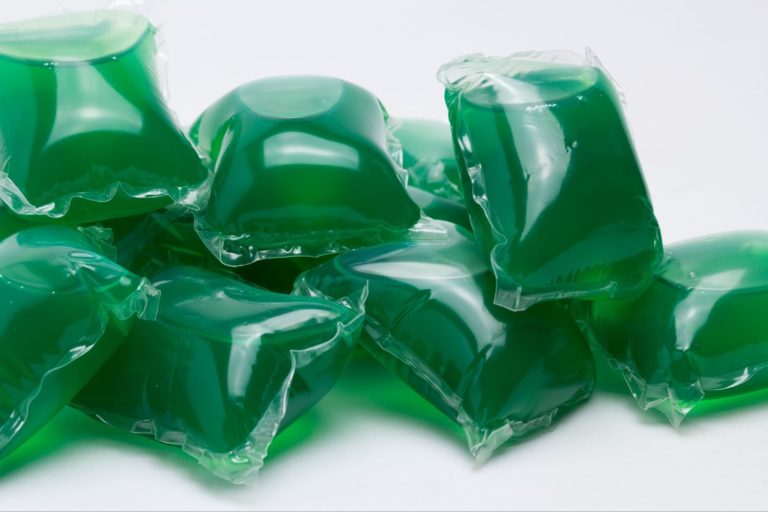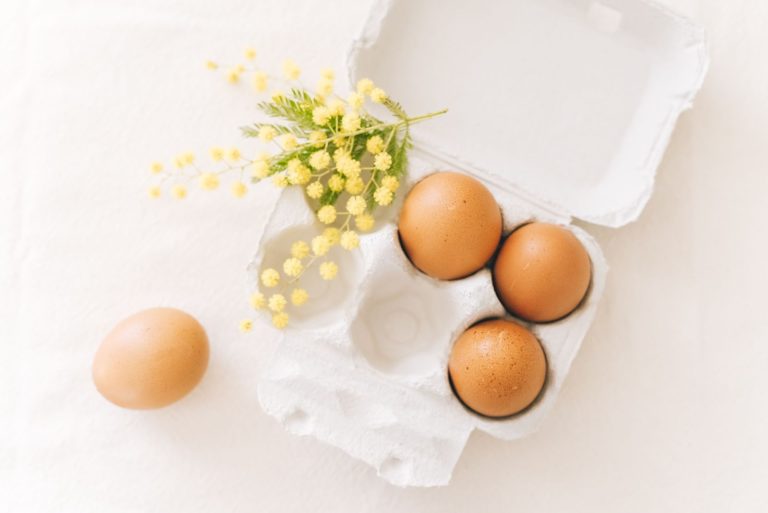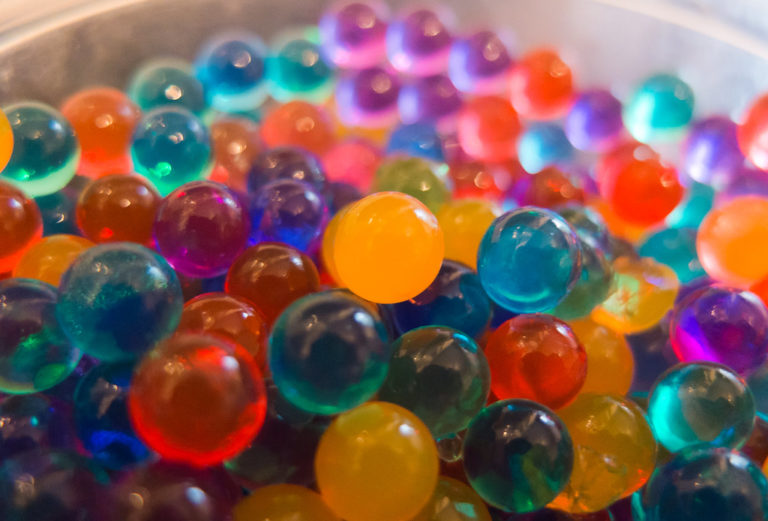Is Eggshell Biodegradable?
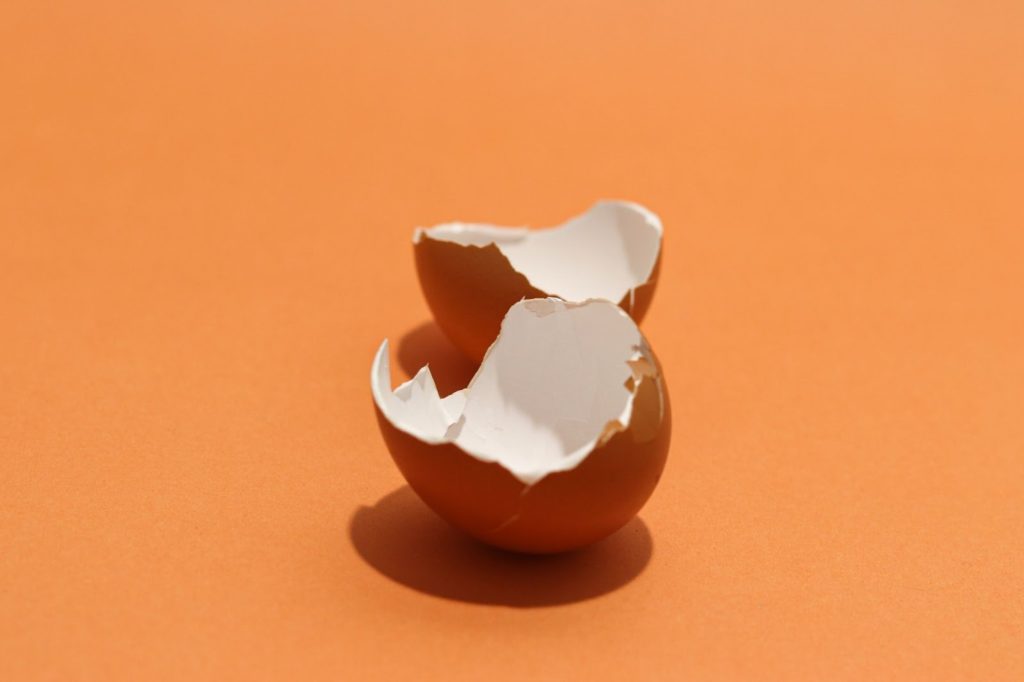
Welcome to our blog!
We’ll be discussing the question “Is Egg Shell Biodegradable?” in today’s post.
It’s a question we’ve all asked ourselves at one point or another: is eggshell biodegradable? After all, it is a natural product, and it seems like it would break down easily. However, the answer is not as simple as you might think.
Eggshells are made of calcium carbonate, which is a very stable molecule. This means that it takes a long time for eggshells to decompose. In fact, they can take up to five years to break down completely.
This isn’t to say that eggshells can’t be recycled or reused. If you have a compost bin, you can add your eggshells to it. They will eventually break down and provide nutrients for your plants.
You can also use eggshells to deter pests. Crushed eggshells can be sprinkled around your garden to keep slugs and snails away.
So, while eggshells may not be biodegradable in the traditional sense, they can still be recycled or reused in a number of ways.
Is Eggshell Biodegradable?
Eggshells are biodegradable, but it can take a long time for them to decompose.
They will biodegrade because they are harmless and made of organic materials. Your worries about the safety of the environment caused by eggshells are unfounded.
You should nevertheless take care to get rid of them in the right way or utilize them for compost. They can also be put to other equally impressive uses.
If you want to speed up the process, you can crush the eggshells before throwing them away. What You’ll Need?
- Eggshells
- Garbage can
Instructions
1. Collect eggshells in a bowl or container.
2. Rinse the eggshells off with water.
3. Let the eggshells dry completely.
4. Once the eggshells are dry, place them in a garbage can.
5. Add water to the garbage can.
6. Place a lid on the garbage can.
7. Let the eggshells decompose for several weeks.
8. Once the eggshells have decomposed, you can add them to your compost pile or use them as fertilizer.
Can Plants Benefit From Eggshells?
Plants can benefit from eggshells, you read it right. Calcium is a naturally occurring component of eggshells. Calcium is essential for plant growth because it helps construct a sturdy cell wall. Calcium is essential for plants like tomatoes to thrive.
But in general, eggshells are beneficial to plant growth. For this reason, their usage as compost is actively recommended.
Feel free to toss your eggshells into the compost pile if you keep a garden. You can use your eggshell compost on your plants after you have prepared it. All of your plants will really adore these, we guarantee it.
Can You Put Eggshells in the Compost?
Eggshells are a great source of calcium for your garden, and they’re easy to add to your compost. But before you add them to your compost pile, there are a few things you should know.
- Eggshells take a long time to break down
- Eggshells are made of calcium carbonate, which is a very slow-to-break-down material.
- In a home compost pile, eggshells can take up to 6 months to break down completely.
- You can speed up the process by crushing the eggshells before adding them to the compost. This will help them break down more quickly.
- In addition to calcium, eggshells also add other valuable nutrients to the compost, including magnesium, potassium, and phosphorus.
- Eggshells can help to balance the pH of the compost
- Eggshells have a neutral pH, which can help to balance the pH of the compost. If your compost is too acidic, adding eggshells can help to raise the pH.
- Eggshells can attract pests to your compost
- Eggshells can attract pests, such as rats and mice, to your compost. To avoid this, be sure to bury the eggshells deep in the compost, or add them to a covered compost bin.
Other ways to reuse eggshells
Use for Decoration
While eggs are quite delicate, if carefully treated, they can come in helpful as materials for ornamentation. No time to go out and buy Easter or Christmas eggs? Instead of cracking the egg open, all you have to do is make two holes in it and blow out the contents. After deciding on a color scheme, eggs can be painted to fit the celebration’s mood. Take extreme caution while working with this.
Use for scrubbing
Eggs are fantastic abrasives that can quickly return your burnt pots, pans, or grills to their original condition, saving you time and money over expensive scouring powders. Because eggshells are completely natural, you can use them without fear of damaging your hands like you would with scouring powders.
Use for planting seeds
If you’re bored of using the same old methods, like paper bags, to start your seedlings, you might try using broken eggshells instead. Put soil in a half-shattered eggshell and plant a seed. In order to facilitate drainage, holes can be drilled into the base; however, care must be taken to prevent shattering the container and losing the seedlings.
Use as Pesticides
While eggshells won’t eliminate bugs in your garden, they will keep them away. Pests with delicate bodies, like snails and slugs, don’t appreciate the harsh sensation of shattered eggshells. So, if you scatter roughly ground eggshells in your yard, you may say goodbye to pests. They will scare away pests and add nutrients to your soil in this way.
Final Thoughts
Do not throw the eggshells after you have consumed eggs. The shells can be broken down naturally and used in compost.
Therefore, an eggshell is not a waste of time. Put it in the compost pile you have. In addition to this, it is a component of calcium, which is an element that is beneficial to plants.
Eggshells can be used in a number of ways that are good for the environment. Always keep the surrounding natural world in mind no matter what you do. So try composting them or reuse them in the aforementioned ways, because when you think of sustainable living, the idea is to get the best out of everything.
